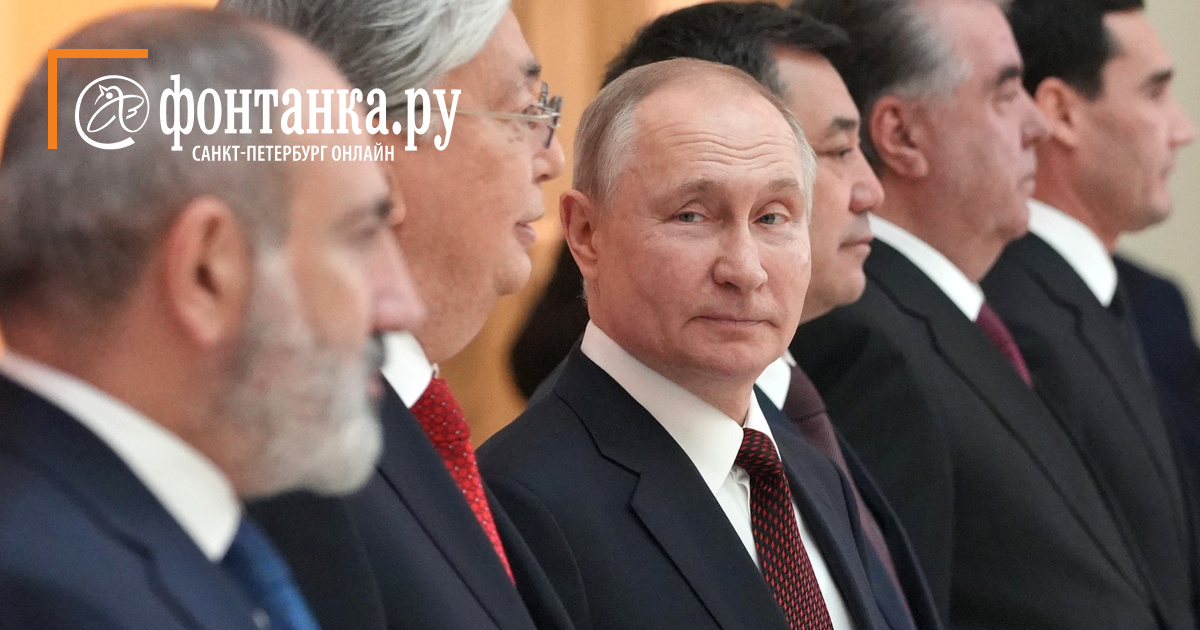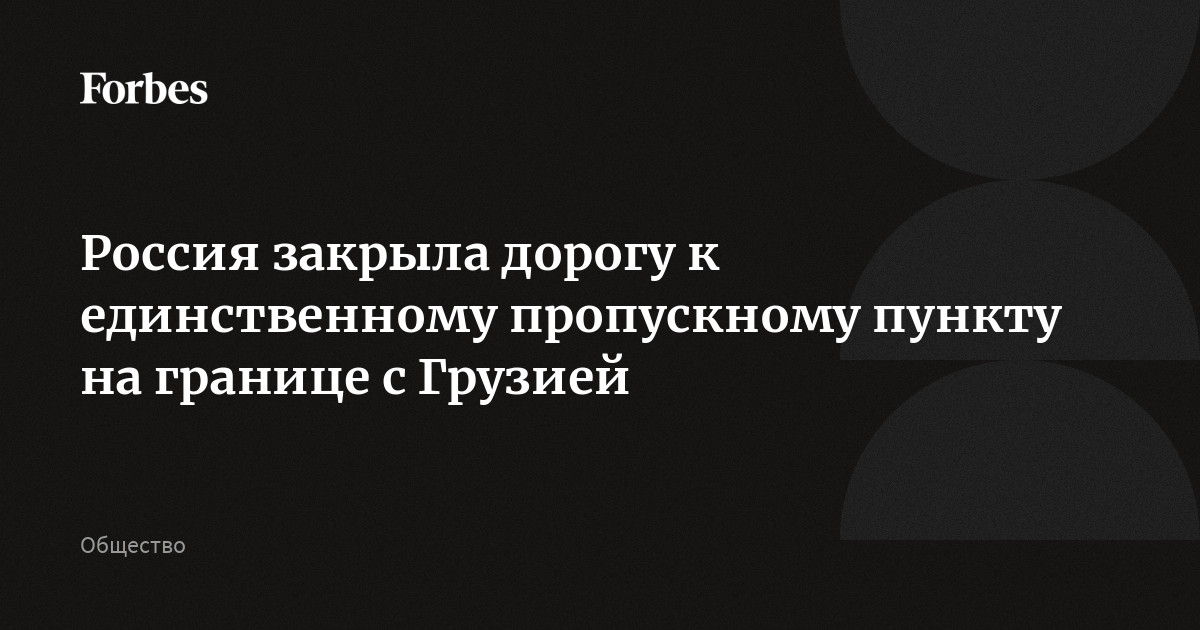The Ministry of Finance lists the consequences of disconnecting Russia from SWIFT
If Russia were disconnected from the international interbank SWIFT system, Europe would have to abandon Russian goods. This was stated in an interview with the TV channel “Russia 24” by the Minister of Finance of the Russian Federation Anton Siluanov.
“SWIFT is a system of information messages about transactions, whether domestically or abroad. Who benefits from disconnecting from SWIFT? Nobody. Only, as they say, they annoy themselves. Russia is a participant in the international market, ”he is grateful.
According to the first deputy head of the Bank of Russia Olga Skorobogatova, the exclusion of the Russian Federation from the SWIFT system would also be disadvantageous to other participating countries and regulatory banks. “SWIFT is a cooperative with over 100 countries participating. At the moment, there are no statements from SWIFT about any intentions in part of Russia. We hope that it is not profitable for other countries as well, ”she said on December 20.
Skorobogatova also noted that SWIFT is in great demand and works well in Russia.
In early winter, The New York Times reported that the United States could threaten the Russian Federation with sanctions for a possible invasion of Ukraine. Among the restrictions, a possible disconnection of Russian banks from SWIFT was revealed. Moscow denies any aggressive intentions towards neighboring countries.
In May, US Secretary of State Anthony Blinken avoided answering a question about the possible disconnection of Russia from the SWIFT interbank payment system. “I would not like to answer hypothetical questions about what we might do in the future. Let me just say that when it comes to containment or a response, we will consider all reasonable options, ”the head of the State Department replied.
However, he said that the United States would prefer to have Russia “a more stable predictable relationship.” On May 16, the Foreign Relations Committee of the European Parliament presented a draft document, in which the basic principles of building relations with Russia. Among other things, it recommended that the EU for “protection throughout the world” unite with the United States and joint measures of sanctions pressure.
The document noted that Brussels should be ready to disconnect Moscow from the international payment system SWIFT if the Russian Federation continues “aggressive threats and military actions.” At the end of April, MEPs also invited to disconnect Russia from SWIFT in the event of “continued aggression” in Ukraine.
In December 2019, State Department Special Representative Kurt Volcker said that one of the measures of influence could be the disconnection of Moscow from the SWIFT banking transaction system. “This is called the nuclear option, but it remains. This will be costly for both Russia and our allies. – he declared.
Press Secretary of the Russian President Dmitry Peskov on March 22, 2021, is also impossible because the threat of disconnecting the Russian Federation from the SWIFT interbank payment system cannot be ruled out, which makes the actions of Russian opponents unpredictable.
At the same time, EU High Representative for Foreign Policy Josep Borrell noted that the European Union does not have the competence to disconnect, since SWIFT is an international private organization.
The Bank of Russia on May 18 also noted the shutdowns that it does not see the country’s risks from the international system of interbank payments SWIFT. The Central Bank maintains direct contact with the headquarters and Moscow office of SWIFT. They assure that the system “will work normally, without any problems.”
At the same time, according to the deputy chairman of the Central Bank Olga Skorobogatova, even in the event of disconnection from SWIFT of the Russian Federation, the way to cope with this is using the Financial Messaging System (SPFS). This alternative channel for the transmission of electronic messages on financial messages, which is noted in the Central Bank of the Russian Federation, guarantees the uninterrupted transfer of financial messages both within the country and abroad.




